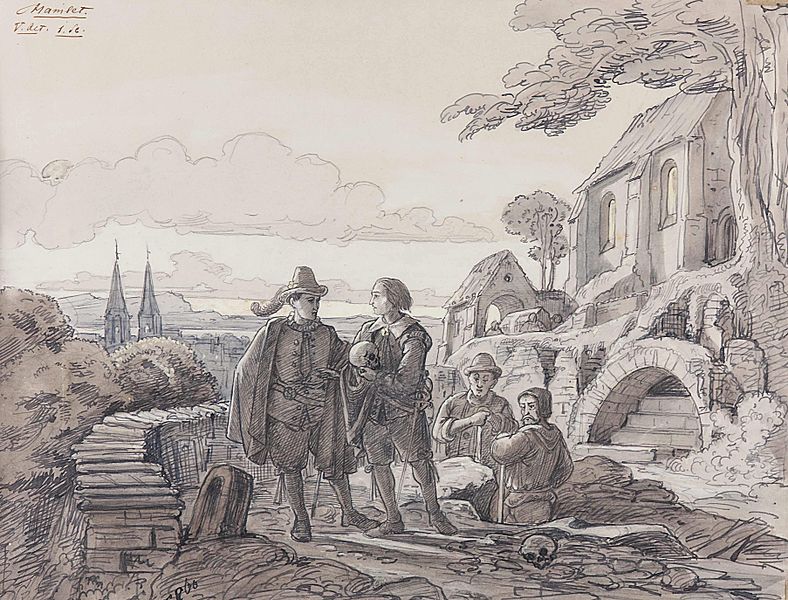Obscure words from Paul Hellweg’s Insomniac’s Dictionary, 1989:
tomecide: the destruction of a book
lampadomancy: augury by torch flame
shotclog: a drinking companion tolerated because he pays for the drinks
allonym: the name of a real person borrowed by an author
ephelides: freckles
feuterer: someone who keeps a dog
hypnopedia: the process of learning while asleep (e.g. by listening to a recording)
girouettism: the practice of frequently altering personal opinions to follow popular trends
panchreston: a broadly inclusive thesis that purports to cover all aspects of its subject but usually ends up as an unacceptable oversimplification
grangousier: one who will swallow anything
A few facetious Latinisms collected by Michael Quinion:
ferroequinologist: a railroad enthusiast (“one who studies the iron horse”)
infracaninophile: a lover of the underdog
anti-fogmatic: an alcoholic drink that counteracts the effects of fog
In 2014 a Futility Closet reader led me to elephantocetomachia, “a fight between an elephant and a whale,” a valuable word assembled from spare parts. And my notes say that vacansopapurosophobia means “fear of blank paper” — a useful expression, even if it’s not in the dictionary.



